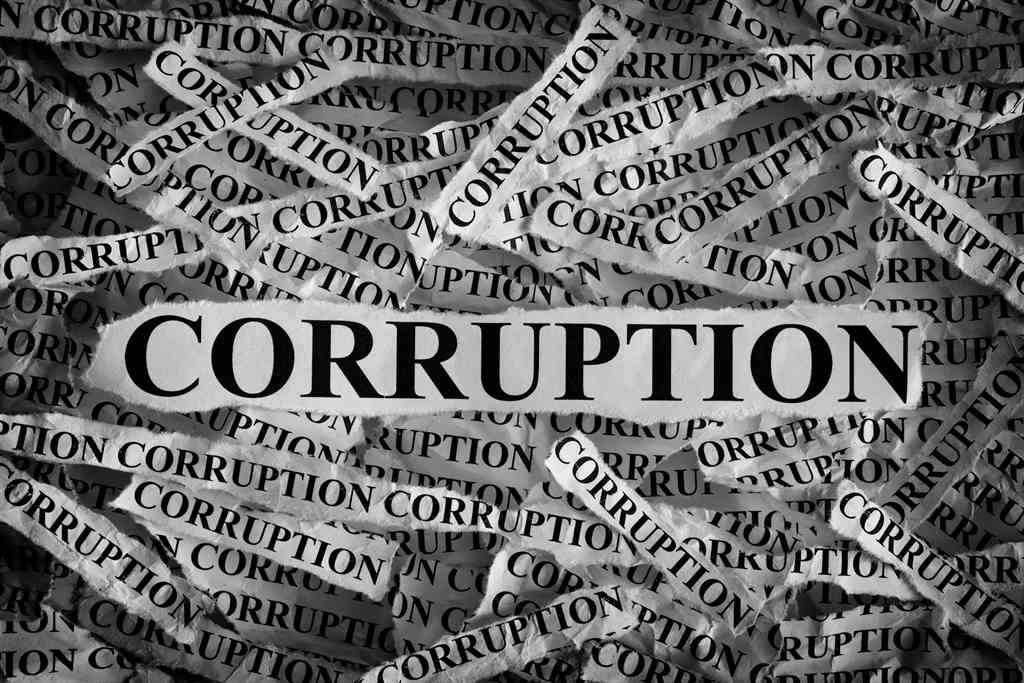
ZIMBABWE is facing one of its worst droughts in 40 years. This has forced the government to extend a begging bowl to raise US$2 billion to feed over half of the population.
Aid organisations say 1,7 million people in urban areas and six million in the villages will require food assistance in 2024.
The economy is ailing — from acute shortages of electricity, medicines and jobs — all worsened by high taxes. It’s a wreck!
The government in all this mess has blamed United States and European Union sanctions, slapped for human rights violations at the turn of the century.
But what is the real cause of the economic malaise?
The World Bank says over half of Zimbabwe’s population live in extreme poverty.
However, it is not everyone in Zimbabwe who is poor; in fact, there are two distinct classes — the haves and the have nots.
A major cause of the economic crisis is corruption — specifically public sector corruption. The Transparency International corruption index (2023) puts Zimbabwe at 149 out of 180 countries.
- Lobby group bemoans impact of graft on women
- Corruption watch: Rogue cops: Blame it on the bosses
- DJ Ladyg2 fights stereotype in showbiz
- Corruption watch: Who is benefitting from the Pomona sham deal?
Keep Reading
Zimbabwe is bleeding a fortune every year; a mouthwatering US$1,8 billion annually, according to the Zimbabwe Anti-Corruption Commission (Zacc). That is a lot of money by any measure.
This explains why the poor are hungry. This is why electricity flickers for a few hours in some areas. All the money being lost to corruption could be put to good use.
Zacc has vowed to crush corruption. A few arrests have been made, of late. But the criticism is that it is targeting the small fish. Where are the big fish? Absolutely none of the elites implicated in shady deals have faced the consequences of their transgressions.
This is one of the Zanu PF administration’s blunders since 1980 — perpetuating graft in high places. Cabinet ministers, who have been arrested, are only those who have fallen out of political favour.
It is a catch-and-release game, in some cases. But Zacc has denied that it is toothless.
Government has been damned by the Auditor-General’s Office, which produced a recent report exposing rampant corruption in ministries, departments and agencies.
Millions of taxpayers’ money was lost, yet no action will be taken against the culprits.
We have repeatedly proposed measures to combat corruption. We continue hammering the same message; that corruption must be dealt with once-and-for all. Corruption is a cancer and we are the cure. It is a national threat for Zimbabwe’s survival at all levels.
It must be stopped in all its ramifications. This requires political will to end the overpricing of goods and services in government, correct blunders in public tenders, plug mineral leakages, and increase transparency and accountability. There must never be impunity and selective application of the law!
Apart from arrests and convictions, those who build mansions and splurge on luxury cars must lose the assets acquired through ill-gotten wealth.
Zacc, together with the Reserve Bank of Zimbabwe and the National Prosecuting Authority (NPA), has made progress, but more can be done.
Dealing with systematic corruption is no easy feat. The syndicates are deeply entrenched in the corridors of power.
Zimbabwe can learn from its friend, China, which is ruthless when punishing corrupt officials. This sends a message of seriousness.
It is time for real change in handling corruption because Zimbabweans have endured economic malfeasance for decades, and it seems to be getting worse. The scandals involving millions of taxpayers’ money must make Zacc, the police and the NPA lose sleep.
President Emmerson Mnangagwa introduced a Special Anti-Corruption Unit in the Office of the President and Cabinet (Sacu), but there is little evidence of any convictions by this unit. It appears to be another waste of taxpayers’ money and should be disbanded.
Zimbabwe has a long way to go in winning the war against corruption, but what is important is to convict and jail the kingpins. This way, investors will take Harare seriously; otherwise, it will just be all talk and no action; all froth and no beer!






